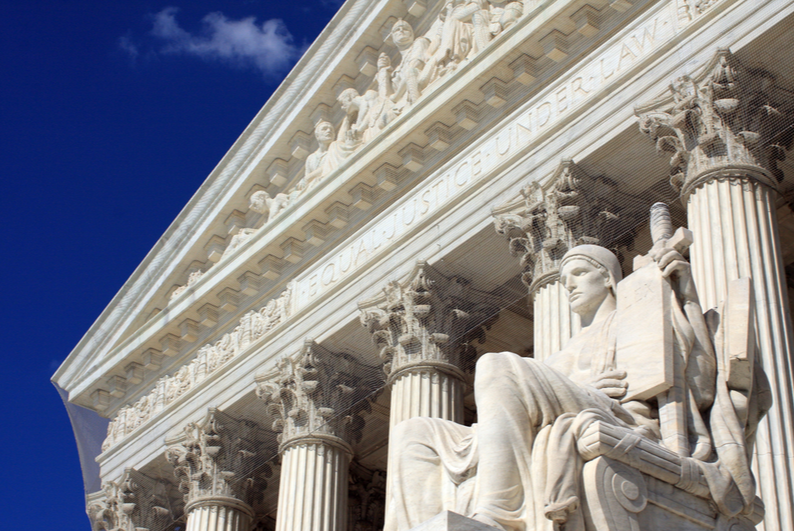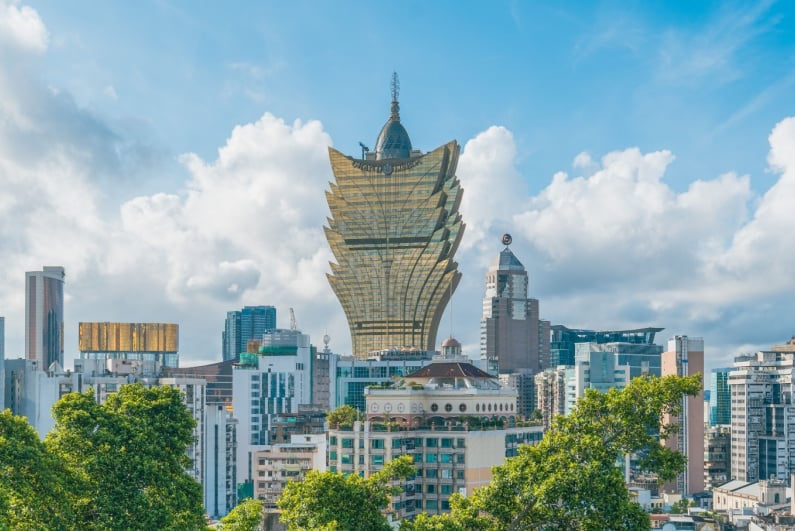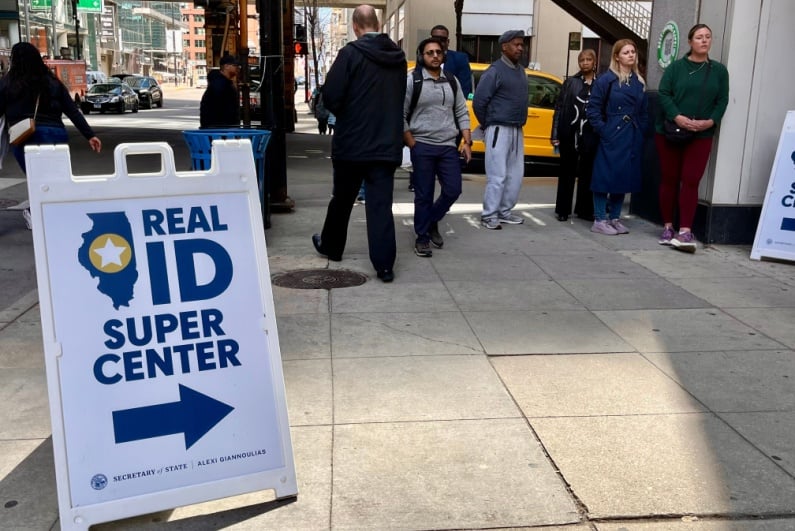A long-running battle
The United States Supreme Court is set to hear arguments regarding the gaming rights of two Texas tribes. The oral arguments are taking place on Tuesday in the Ysleta del Sur Pueblo v. Texas case, as two Texas tribes are looking to legally run gambling operations on their land.
argument about gaming rights running for decades between the two Indian tribes and the state
There has been an argument about gaming rights running for decades between the two Indian tribes and the state. The most recent ruling on the matter came in the US Court of Appeals, with the court ruling in favor of Texas.
The Alabama-Coushatta and Ysleta del Sur Pueblo tribes want to offer various types of gaming on their land, including slot machines and live bingo games. These forms of gaming fall under the “Class II” category and are currently illegal under Texas state law. There has been ongoing litigation for more than two decades between the tribes and the state regarding the matter.
Two distinct arguments
In October, The US Supreme Court approved the Ysleta del Sur Pueblo’s petition to hear the case. Texas maintains that the Ysleta del Sur Pueblo and Alabama-Coushatta Indian Tribes of Texas Restoration Act (Restoration Act) from 1987 prevents any form of gaming on tribal land that is against state law. The tribes believe that the 1988 Indian Gaming Regulatory Act overrules the Restoration Act and therefore would allow the tribes to offer certain forms of gaming. The tribes have so far been unsuccessful with their efforts at the district court and circuit court levels.
As part of the district court ruling, Judge Don Willett was of the opinion that there was “a catch” as part of the Restoration Act. This catch, in principle, meant that the two tribes got the restoration of their federal status in return for agreeing that any gaming activities on tribal land would be compliant with state law.
A restrictive state for gambling
Texas gambling laws have long been very restrictive. The main legal form of gambling is the state lottery. Numerous attempts over the years to expand gambling have been unsuccessful. However, lawmakers remain persistent in introducing legislation each legislative session pushing for gambling expansion.
If the two tribes are successful in the Supreme Court, the ruling could have significant knock-on consequences both in Texas and nationwide. Similar issues between tribes and governments in other states like Rhode Island, Massachusetts, and Maine have also prevented tribes from having gambling operations.




